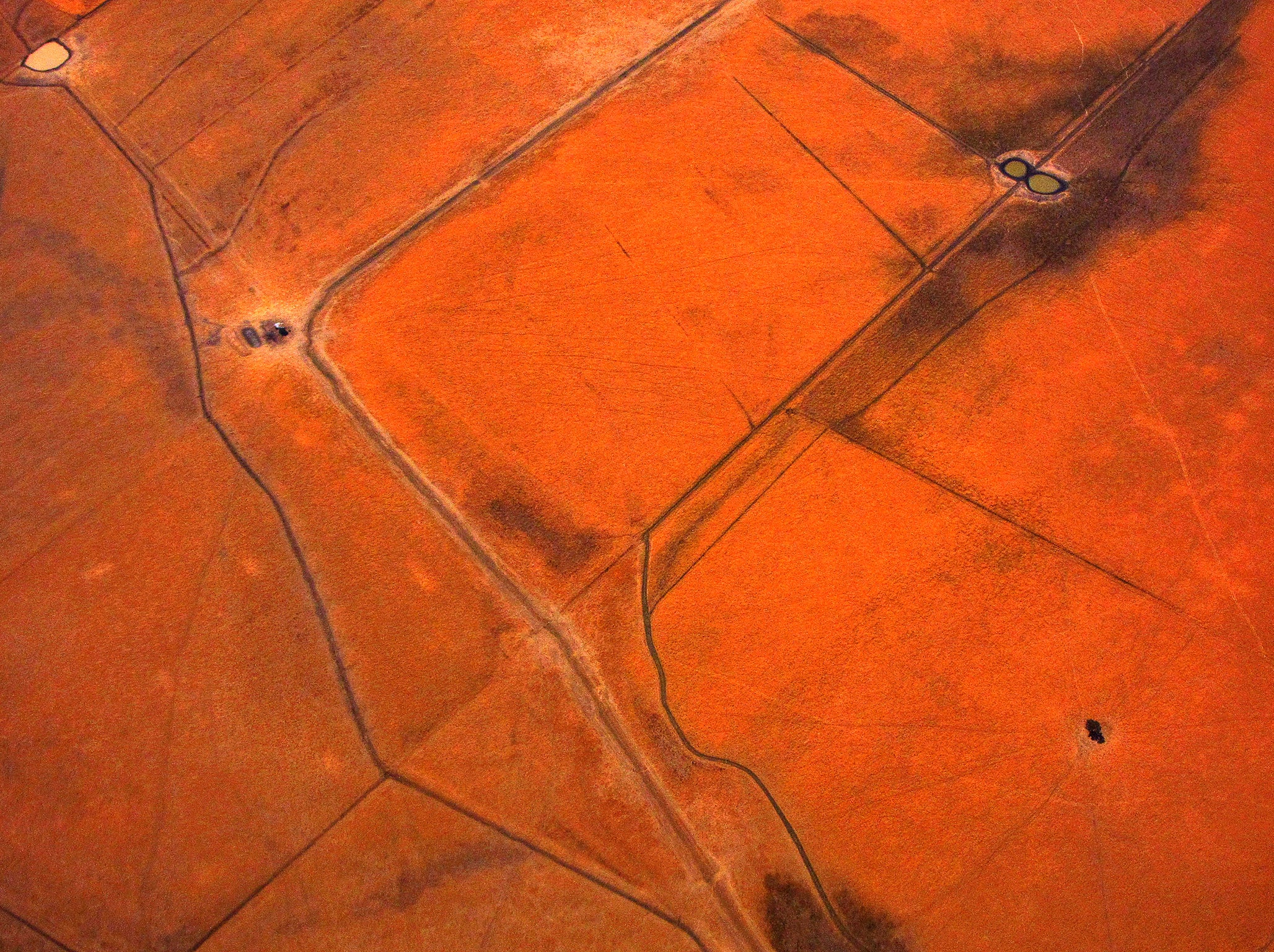Australia to sack hundreds of climate change scientists because it has learnt everything it needs to about basic global warming science
Experts worry that the huge round of cuts will leave the country, which is already among the hardest hit by global warming, unable to cope with the effects of climate change

Your support helps us to tell the story
From reproductive rights to climate change to Big Tech, The Independent is on the ground when the story is developing. Whether it's investigating the financials of Elon Musk's pro-Trump PAC or producing our latest documentary, 'The A Word', which shines a light on the American women fighting for reproductive rights, we know how important it is to parse out the facts from the messaging.
At such a critical moment in US history, we need reporters on the ground. Your donation allows us to keep sending journalists to speak to both sides of the story.
The Independent is trusted by Americans across the entire political spectrum. And unlike many other quality news outlets, we choose not to lock Americans out of our reporting and analysis with paywalls. We believe quality journalism should be available to everyone, paid for by those who can afford it.
Your support makes all the difference.Australia is sacking many of its climate research scientists because it has learnt all that it needs to know about global warming.
The country’s climate research arm is losing hundreds of staff after it has been decided that it the basic parts of global warming have been proven.
But scientists worry that the decision will leave Australia unable to respond to the effects of global warming. The country is already among the hardest hit by global warming, being the driest country on Earth and undergoing massive changes in its weather.
Australia’s Commonwealth Scientific and Industrial Research Organisation (CSIRO) employs thousands of scientists and has taken the lead in modelling the climate and observing the effects of its changes on the ocean. It said in a statement that it had made a strategic decision to move away from climate science and work instead on how to adapt to the new environment.
But scientists said that basic work is still very much ongoing and that it would damage the state of climate research across the Southern Hemisphere.
“The CSIRO is effectively saying ‘climate science is done and we’re moving on to adaptation and mitigation’,” John Church, a sea-level expert who has been employed by the organisation for 38 years, told Nature News. “My view is that there is inaccurate and misleading science in that statement — climate science is not done.”
Up to 110 out of 140 jobs at its atmosphere and oceans division will be cut, according to reports. A further 120 positions at the land and water program will go, and 350 climate staff will be moved to other roles away from their specialism.
Because the CSIRO is the most advanced institution of its kind in the Southern Hemisphere, cuts to its work could affect modelling of the climate of large parts of the world. The organisation creates one of the only high resolution pictures of the Southern Hemisphere’s climate — and the models that data is used in are among the most important for studying how climate change will affect the world.
“Australia is ground zero for climate change,” a CSIRO scientist told Scientific American. “In order to adapt, you need climate models that are going to tell us what you need to adapt to, where you need to adapt, and by when you need to adapt.”
Join our commenting forum
Join thought-provoking conversations, follow other Independent readers and see their replies
Comments